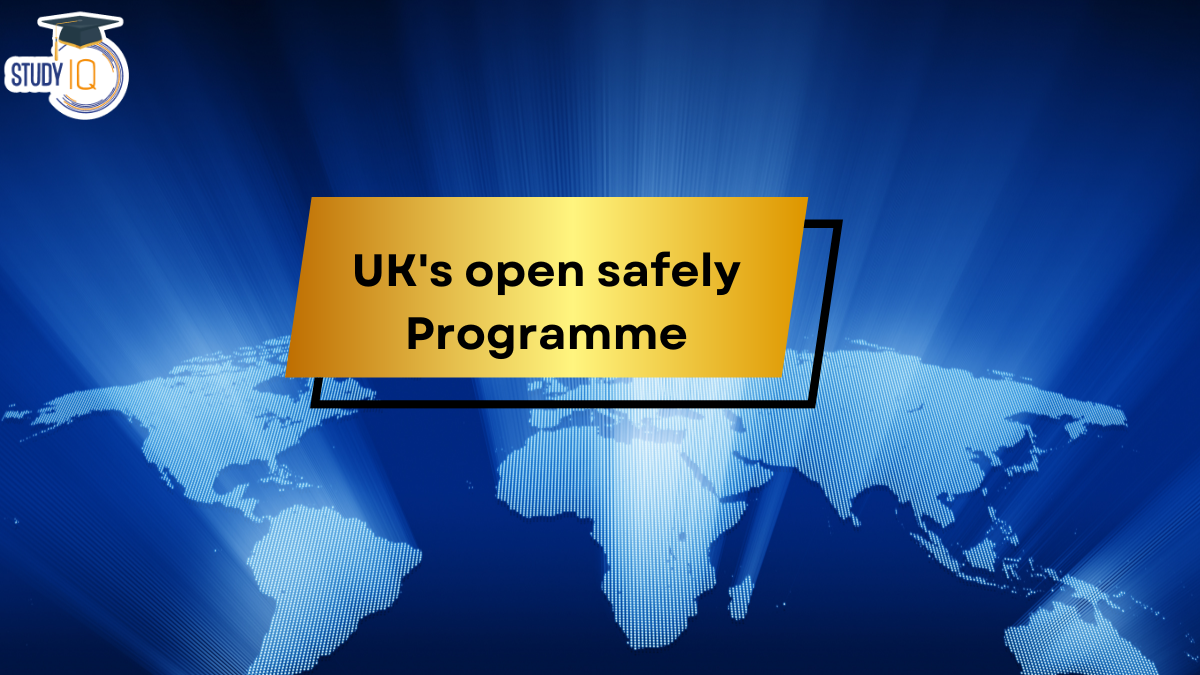- Launched: In 2021
- Nodal agency: National Health Authority (NHA)
Key Features of ABDM
- Health ID for Individuals (ABHA ID): Every Indian citizen will get a unique digital health ID, allowing them to store and access their health records electronically across multiple healthcare providers.
- Healthcare Professionals Registry (HPR): A database of healthcare providers, including doctors, nurses, and specialists, enabling patients to easily find and consult certified professionals.
- Health Facility Registry (HFR): A centralised list of healthcare facilities across the country, such as hospitals and clinics, which citizens can access to find nearby or specialised care.
- Personal Health Records (PHR): Individuals can link their health ID to their medical records, creating a secure, digital health file that they can access and share with healthcare providers.
- Digital Health Consent Manager: Provides control to patients over who can access their health records, ensuring privacy and security.
- Unified Digital Health Interface: Enables the interoperability of different health IT systems, facilitating smooth data exchange between hospitals, labs, pharmacies, and insurers.
Benefits:
- Improved Healthcare Access: ABDM helps individuals, especially in rural areas, access better healthcare facilities through digital consultations and seamless healthcare services.
- Portability of Health Records: Patients can easily share their health data with doctors or healthcare providers regardless of where they are treated, enhancing continuity of care.
- Reduction in Medical Errors: Digitization reduces the risk of prescription and record-keeping errors.
- Data-Driven Healthcare: The centralised data system aids in healthcare planning, research, and policymaking by providing critical health data.
- Patient Empowerment: Individuals have full control over their health data and can make informed decisions about their treatment options.
|


 Pakistan-Occupied Kashmir (PoK): History...
Pakistan-Occupied Kashmir (PoK): History...
 List of Chief Ministers of Jammu and Kas...
List of Chief Ministers of Jammu and Kas...
 Cabinet Committee on Security Suspends I...
Cabinet Committee on Security Suspends I...






















